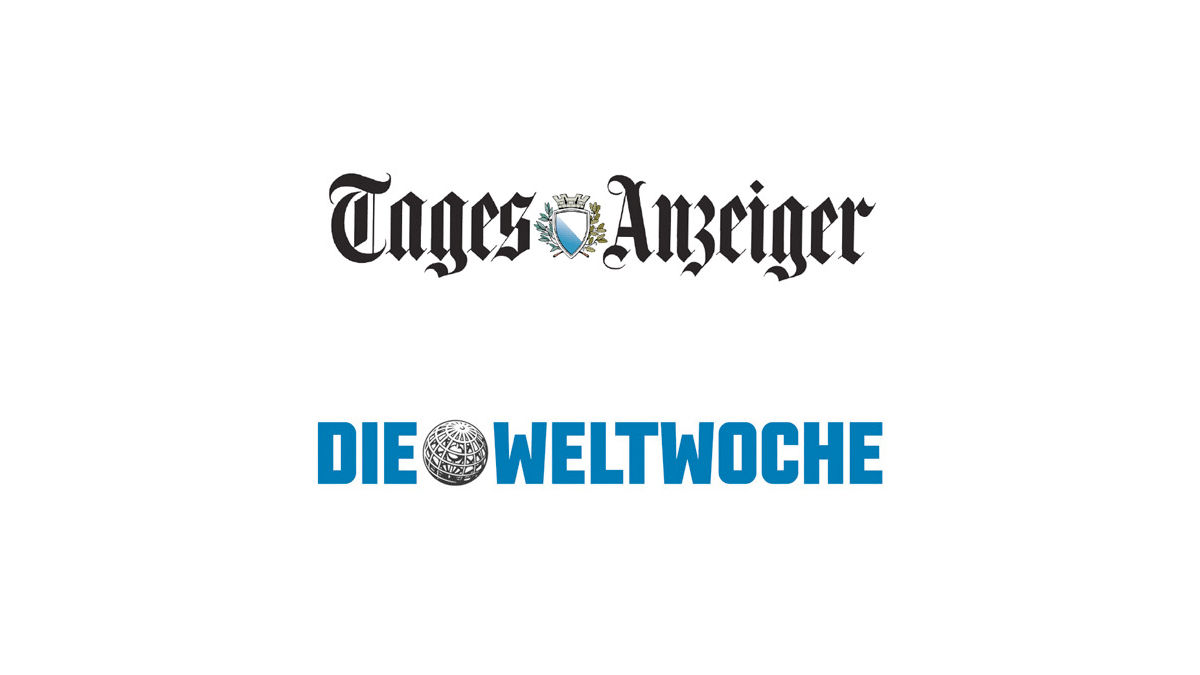Press Council reprimands Tages-Anzeiger and Weltwoche
The Press Council reprimands the Tages-Anzeiger and Weltwoche. In two other cases, both Weltwoche and Blick were acquitted of the charge of having violated the Journalists' Code.

The Press Council has rejected a complaint against the Tages-Anzeiger partially good. The TA had not specifically confronted a woman and mother with serious allegations. However, journalists are obliged to hear affected persons on serious allegations.
The Tages-Anzeiger had published a research entitled "More brown than green" about the custody dispute of an unmarried couple. The woman and mother in question was accused of having briefly denied her son medical care. In addition, the author listed circumstantial evidence indicating that the woman was a member of the "Anastasia sect." The Anastasia movement is an organization that is still little known in Switzerland. According to Tages-Anzeiger they identify racist ideas and anti-Semitic ideas; swastikas are among their symbols.
The author wrote the woman a very vaguely worded e-mail only one day before the long-researched article went to press. The woman did not reply. The Press Council found that the newspaper should have followed up. This is because serious accusations must be made to those affected in a concrete and timely manner so that they can explain their point of view.
National Councillor Hans-Peter Portmann has filed three complaints against Weltwoche and View to the Swiss Press Council. Two complaints concerned the Foreign Affairs Committee of the National Council. The vote on a motion by FDP National Councilor Portmann regarding the UN migration pact was in the Weltwoche by author and former National Councilor Christoph Mörgeli to the effect that Portmann could not even convince his own parliamentary group members.
However, from Portmann's reaction to this column - he had requested a correction by e-mail - it was possible to draw conclusions about the voting behavior of the parties. This was in turn confirmed by the View who reported that Portmann had betrayed the Commission's secret with the mail and that Commission President Elisabeth Schneider-Schneiter would follow up on it.
Two complaints arose from this case, but both are rejected. In the view of the Press Council, neither the View violated the duty of truth, nor would the Weltwoche had been obliged to make a correction or had refused to do so.
The Press Council, on the other hand, approved Portmann's third complaint. She had criticized an editorial by National Councillor and WeltwocheThe subject of the article was the editor-in-chief Roger Köppel. Under the title "Verächter Volksverächter" (People Despise), Köppel commented in very pithy but permissible terms on Portmann's appearance in a television program on the so-called self-determination initiative.
At one point, Köppel suggests by inserting "so Portmann" that the latter had spoken of the "ripping beast people" in the talk show. The formulation is presented to the readers as an indirect quotation, although Portmann did not use it in the show in such or similar terms. Through this improper treatment of the source, the Weltwoche Portmann's opinion and violates the journalist code.








